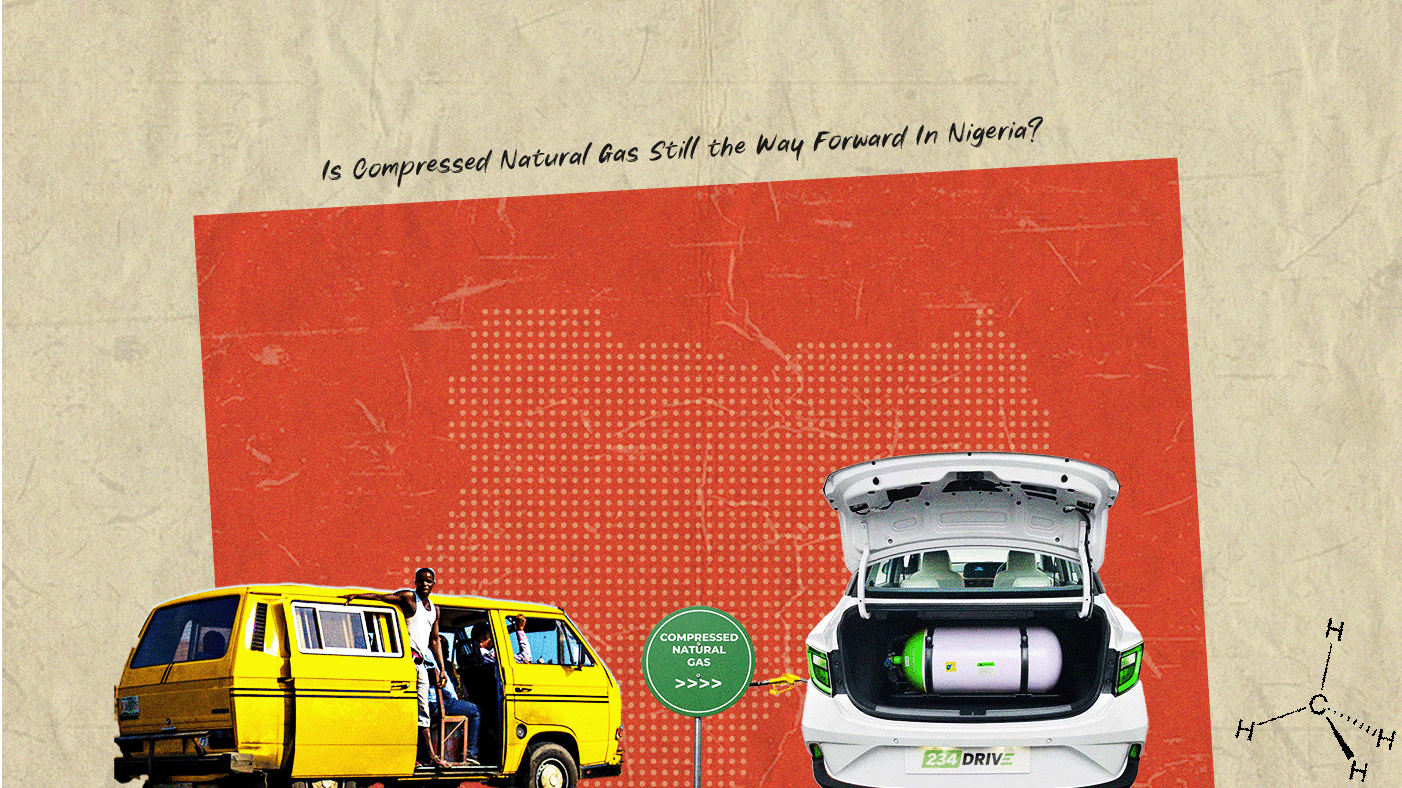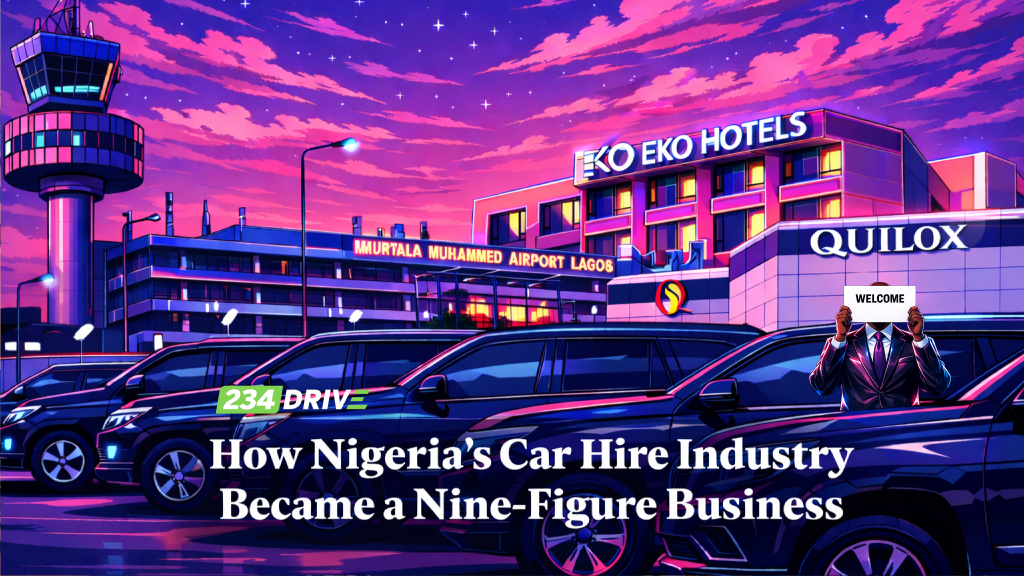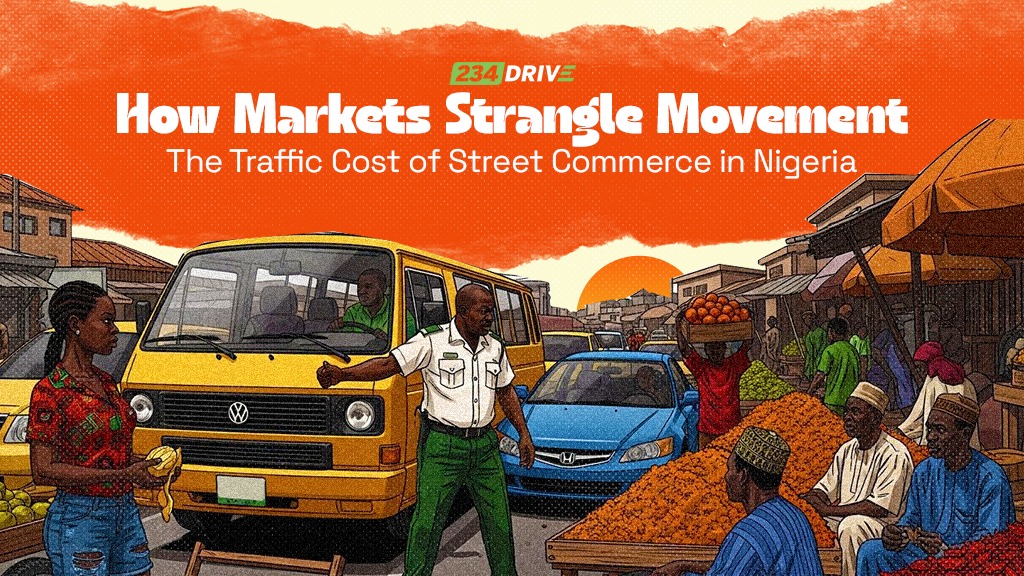Earlier this year, President Bola Ahmed Tinubu proposed the Presidential Compressed Natural Gas Initiative (Pi-CNG) after he removed the subsidy on Premium Motor Spirit (PMS). The goal of the Pi-CNG programme according to the official CNG site, is to ‘lower the transportation cost for the populace, by empowering the mass transit and industries with cheaper, cleaner, safer and more reliable domestically produced natural gas’. With the rising price of PMS in Nigeria, it makes perfect sense for the government to provide some sort of alternative.
What exactly is Compressed Natural Gas?
CNG, otherwise known as Liquefied Natural Gas (LNG), is derived from compressing methane (CH4) down to less than 1% of its volume, making it lighter than air. I really wish I could elaborate more on that last sentence, but I did not like chemistry and hence, did not pay much attention in class. I will say, though, that CNG involves storing natural gas at baseline temperature and high pressure, which allows for proper combustion, making it one of the cleanest burning fuels. This simply means that CNG is clean and therefore better for the environment, odourless and non-corrosive. However, CNG is not a new technology, and Nigeria is quite late to the party.

In 2013, I took a trip to Ghana. For most of my time there, I made use of taxis and one thing I found particularly curious was that in the boot of almost everyone was a huge gas cylinder. I remember asking myself why every taxi driver in Ghana seemed to have forgotten they had a gas cylinder in their boot. It was only much later that I got to understand that many of the taxis in Ghana were gas-powered. So, while CNG is a bit of a novelty in Nigeria, neighbouring countries like Ghana have been in the game for well over ten years.
CNG use in other Climes
Another country that has harnessed CNG over the years is Malaysia. The Asian country introduced the use of CNG in the late 1990s for taxicabs and airport limousines. However, the Malaysian government recently announced plans to phase out the use of Natural Gas for Vehicles (NGV) for vehicles due to safety concerns. It is noteworthy that in Malaysia, CNG is referred to as NGV, as NGV encompasses both the use of CNG and Liquefied Natural Gas (LNG). According to Free Malaysia Today (FMT), Loke Siew Fook, the minister for transport, announced the development at a press conference. He also said that Petroliam Nasional Bhd (Petronas), a government-owned oil and gas company, will halt the sale of NGV at its stations in stages, starting from July 1, 2025. This begs the question, is Compressed Natural Gas (CNG) still the way forward in Nigeria?

Fook stated that the NGV cylinders in many vehicles are now reaching the end of their service life and need to be replaced. The NGV cylinders typically have a safe usage period of 15 years. He also added that there are also some car owners who have modified their vehicles using liquefied petroleum gas (LPG) cylinders, which are very dangerous. These LPG cylinders have caused explosions during accidents in Malaysia.

The Downsides to CNG use In Nigeria
In Nigeria, the prevalent lack of a proper maintenance culture is hardly a bone of contention. This means that for the first 15 years of CNG use in Nigeria, everything would appear fine. But fast forward till after that period and we might have CNG-fitted vehicles exploding at random. Without proper checks and balances, this would be the fate of CNG converted vehicles, leaving the safety of Nigerians hanging in the balance.

In addition, the cost of CNG instalment is not cheap. This could encourage some corner-cutting Nigerians to begin a form of black market CNG installation. In the quest to keep costs low, they would rather make use of LPG cylinders which are not built for CNG purposes. The result would be exploding vehicles during rush hour. Do not get me wrong, CNG is generally considered to be safer than petrol cars, because CNG is less flammable and explosive than gasoline. CNG is also less likely to ignite on hot surfaces, since it has a higher auto-ignition temperature than that of petrol. Still, these considerations have to be made.

Ultimately, CNG holds a great deal of potential as a cleaner, more affordable alternative to PMS. While the growing concerns about maintenance culture and the risk of improper installations should not be ignored, perhaps these challenges are not insurmountable. By establishing and enforcing strict regulatory frameworks and investing in proper infrastructure, Nigeria can leverage the benefits of CNG to transform its auto landscape. What are your thoughts?










